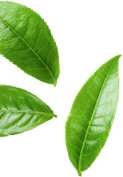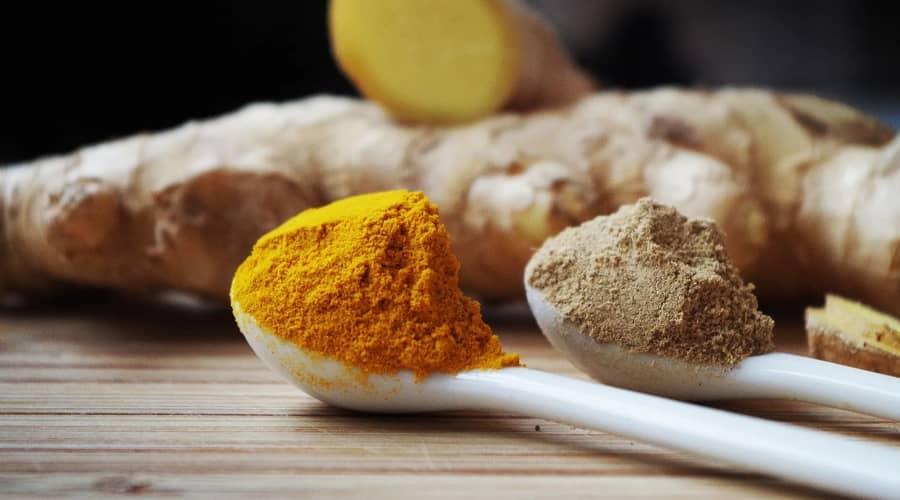



Arthritis is a common musculoskeletal condition characterized by pain, stiffness, and swelling in the joints. Among natural remedies, turmeric and ginger in the treatment of arthritis stand out for their powerful anti-inflammatory properties and are widely used to ease symptoms.
Turmeric (Curcuma longa) contains a key active compound called curcumin, which has been scientifically proven to possess anti-inflammatory and antioxidant properties. Numerous studies have shown that curcumin inhibits molecules involved in inflammatory processes, such as cytokines and enzymes. Research suggests that curcumin’s effectiveness may be comparable to that of nonsteroidal anti-inflammatory drugs (NSAIDs), but without the associated side effects.
Ways to consume turmeric:
It’s important to note that curcumin alone has low bioavailability, but its absorption can be significantly improved when combined with black pepper (piperine).
Ginger (Zingiber officinale) is another highly effective natural remedy that has been used for centuries for its anti-inflammatory and pain-relieving effects. The main active compounds in ginger—gingerols and shogaols—help reduce joint pain and stiffness. Clinical studies indicate that regular consumption of ginger may alleviate symptoms of rheumatoid arthritis (RA) and osteoarthritis.
Ways to consume ginger:
Using turmeric and ginger in the treatment of arthritis together may be even more beneficial, as both plants exhibit strong anti-inflammatory effects. Whether taken as tea or as dietary supplements, this combination may contribute to the reduction of joint pain and the improvement of mobility.
Turmeric and ginger in the treatment of arthritis offer a natural approach to managing symptoms. Curcumin works by inhibiting the inflammatory responses of the immune system, while ginger provides relief through its pain-relieving and anti-inflammatory actions. Although these natural solutions are promising, it’s advisable to consult a healthcare professional in cases of severe arthritis. This ensures appropriate treatment and guidance on how to safely integrate natural supplements with conventional therapies.
Incorporating turmeric and ginger in the treatment of arthritis into a regular wellness routine may help improve quality of life. Whether taken as tea, capsules, or added to food, these powerful botanicals offer an accessible and natural way to combat inflammation. Always seek medical advice to ensure the safe and effective use of turmeric and ginger in the treatment of arthritis.
